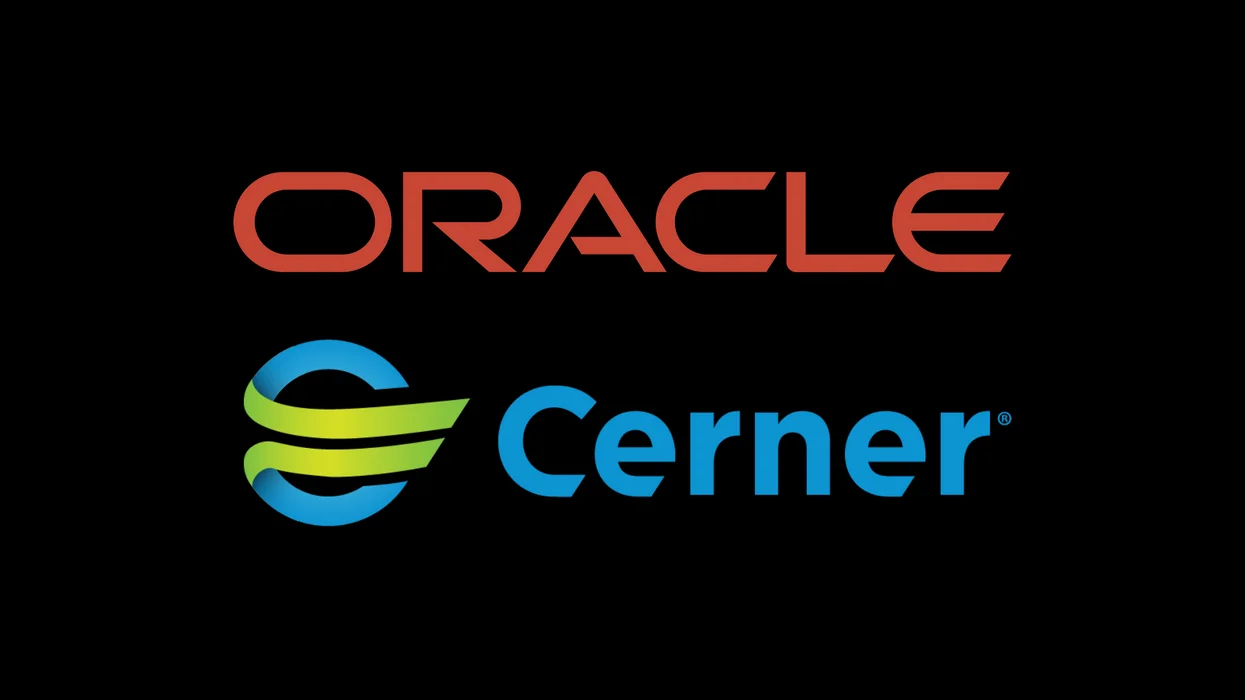Background
On December 20, 2021, Oracle Corporation and Cerner Corporation jointly announced an agreement for Oracle to acquire Cerner through an all-cash tender offer for $95.00 per share, or approximately $28.3 billion in equity value. Cerner is a leading provider of digital information systems used within hospitals and health systems to enable medical professionals to deliver better healthcare to individual patients and communities.
My Tryst with Cerner and Oracle Along with My Journey
Cerner has been a leader in the health information systems since it was founded as PGI & Associates (after its three founders Patterson, Gorup and Illig) who quit their jobs from Accenture (then Arthur Andersen) in 1980s. I had the chance to work closely with Neil Patterson when Cerner expanded outside of US in Gulf region with the implementation at Saudi Aramco (now Saudi Aramco-John Hopkins) in early 2000s.
During the same time, I had worked with Oracle leadership in the Gulf region on several roll outs in the Government sector.
In early 2000s, Saudi Aramco, world’s largest producer of crude oil was migrating from mainframe environment and had embarked on world’s largest big bang implementation of SAP and corporate performance improvement program in the world. To migrate and manage its in-house healthcare delivery to its employees, contractors and their dependents in Kingdom of Saudi Arabia (KSA) and overseas, the choice was between SAP Healthcare and Cerner. Neil Patterson, the co-founder of Cerner made multiple visits to Dharan, the headquarters of Saudi Aramco to pitch and win the first major implementation overseas. That’s was the beginning of my personal friendship with Neil. As Neil would visit Dharan on quarterly steering body meetings, we would share a quiet dinner and discuss his vision about Cerner and his international growth initiatives before he boarded his private jet to Kansas City. Over the years, Cerner witnessed major growth outside of the US, including some inorganic growth acquisitions like Siemens HMIS and starting their offshore development centers in Bangalore, the largest base after Kansas City. Unfortunately, Neil succumbed to cancer in 2017. I lost a fantastic friend and mentor forever who had guided me in my career at different points in time.
While at KPMG Consulting in the Gulf, I made several bids with Oracle to the various governments in the Gulf. Oracle was great with their database and their product architecture; their major issue was that they lack clinical prowess to manage healthcare either in hospitals or with state healthcare. It was around this time that I was associated with Sam Rao who was Head of Business Development and Large Deals at Oracle. Although, he understood healthcare, but the product deficiencies of Oracle was just not a great fit for running eHealthcare initiatives for the population of GCC countries. Later Sam and I collaborated to start out XY Clinics (an innovative nutri-genomics and diagnostics venture) in GCC and India and had a great run and exit
Flash forward: Many of Cerner and Oracle leadership in the US and Rest of the world either worked with me or had been a partner with me on some of the healthcare initiatives. One of them being Dr John Glassier who I also invited on my podcast QuoteUnQuote With KK.
How Cerner Acquisition Helps Oracle and Vice-versa
Oracle has always had a weak presence in the clinical healthcare information management system. Although it has a great rooster of clients not only in the us but around the world. A mega-29 billion dollar deal will signal that Larry Ellison, Oracle’s founder is serious about getting a big leap into the healthcare sector once again. Its earlier acquisitions in healthcare were small and somewhere did not change Oracle in its ways of doing business with healthcare clients. Therefore Oracle Returns. In the post-pandemic era, as healthcare providers and Government healthcare systems, step up to spend more on their digital and clinical transformation, Oracle-Cerner would definitely be a very strong option. I am informed from my ex-colleagues and industry insiders that Cerner will be kept as a dedicated business unit within Oracle. This would be a very positive development both for Cerner and Oracle as independence of Cerner in the larger Oracle would be a critical success factor for this acquisition. As for Cerner, Neil vision and dream of taking Cerner globally as a leading healthcare information systems player will come true posthumously.
Wishing Oracle and Cerner All the Very Best in their combined journey!

